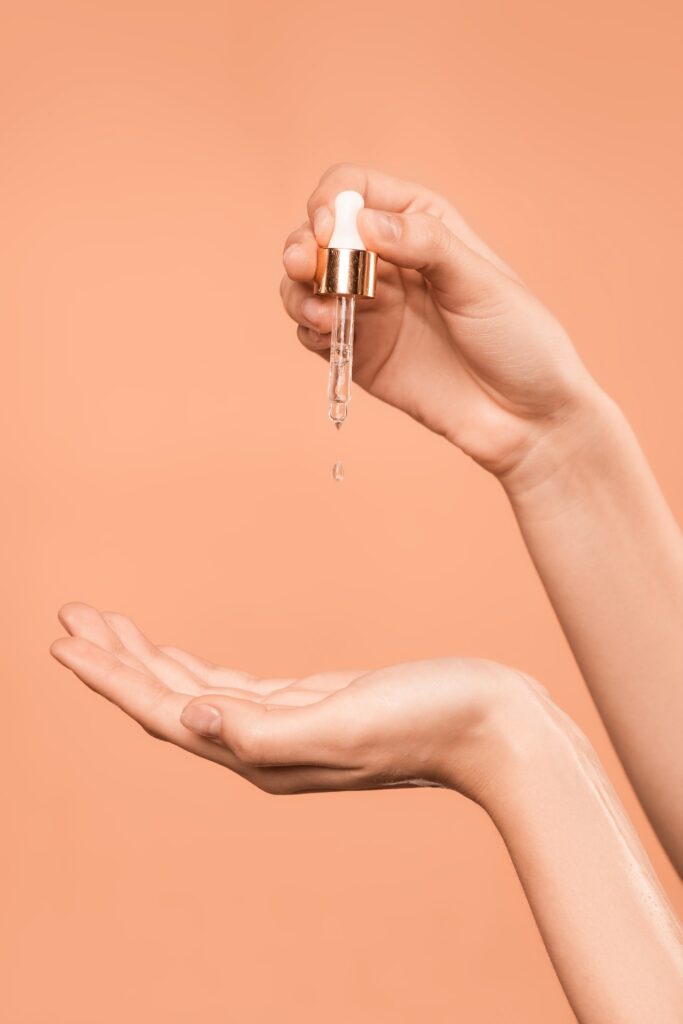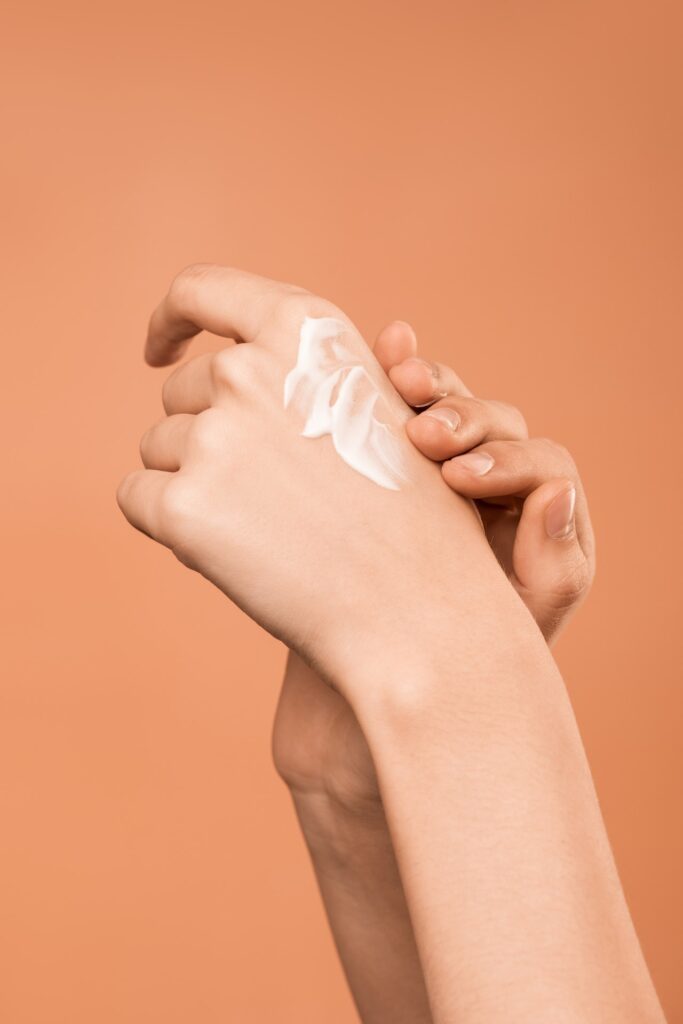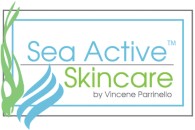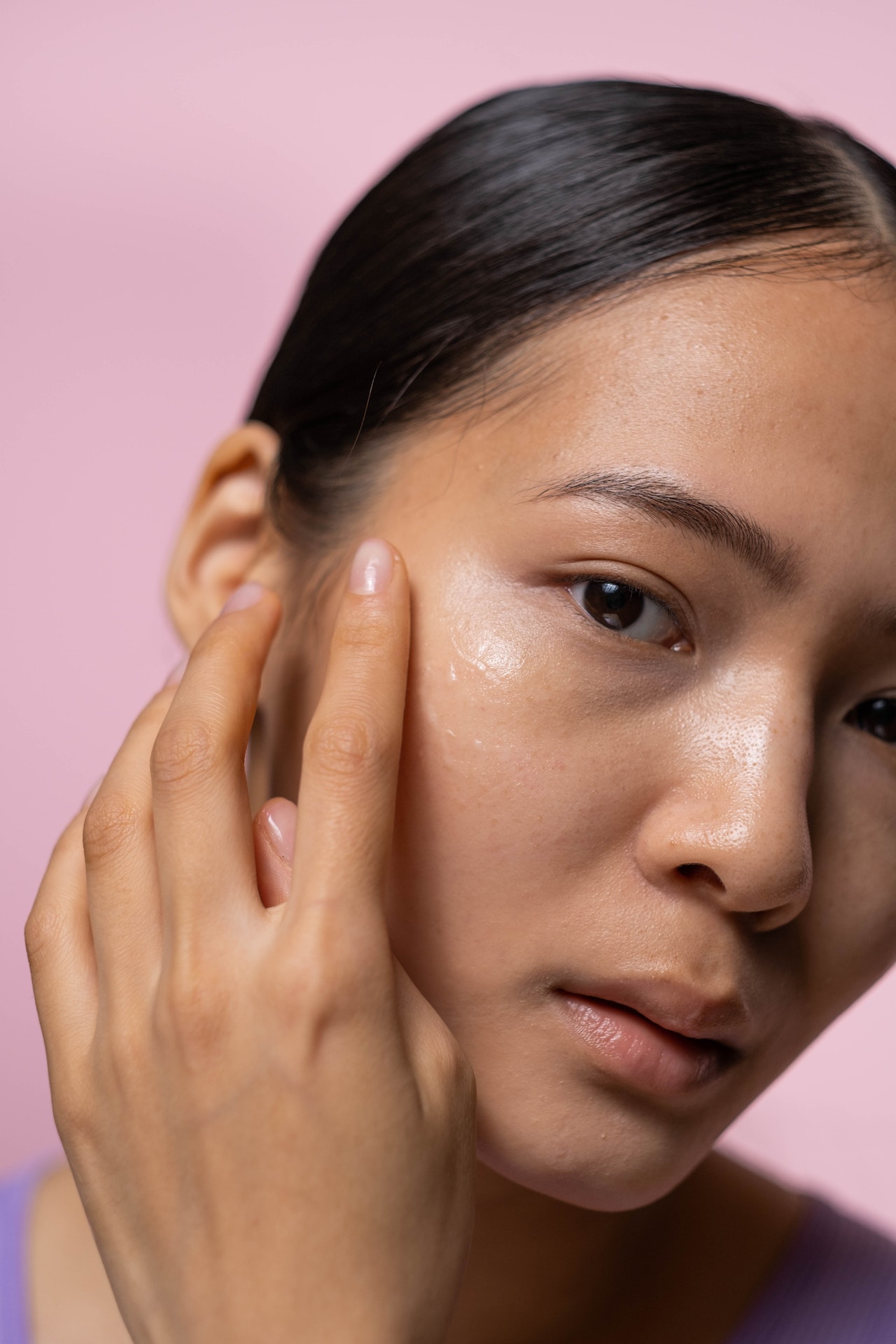Individuals with sensitive and dry skin, particularly cancer patients undergoing chemotherapy, are especially susceptible to skin infections. In this guide, brought to you by Sea Active Skincare, we will delve into essential skincare tips for those navigating the challenges of chemotherapy. Your skin’s health and well-being are paramount during this journey.
Understanding the Impact of Chemotherapy on Skin
Chemotherapy comes with a host of side effects, and one of the most significant areas affected is the skin. It is of utmost importance to incorporate gentle, all-natural, and organic skincare products into your regimen. Not only will these products provide comfort, but they will also contribute to your overall health as you undergo chemotherapy.
The Significance of Skin Care for Cancer Patients

Every individual undergoing cancer treatment must recognize the crucial importance of proper skin care. Skin breaks, whether they result from accidents or surgical procedures, and the occurrence of skin rashes are prevalent among those undergoing chemotherapy.
Allergic Reactions and Skin Challenges
The medications administered during chemotherapy and other cancer treatments can heighten the risk of allergic reactions. Additionally, factors such as the use of surgical tape and gauze for wound dressing can trigger skin rashes.
Skin: Your Body’s Protective Shield
The skin serves as the body’s largest organ and acts as a critical defense mechanism against environmental threats, including bacteria and viruses. While typical individuals may experience wounds and rashes that typically heal, cancer patients receiving chemotherapy often possess compromised immune systems, rendering them more susceptible to infections. Consequently, their wounds and rashes may not heal properly, potentially leading to treatment delays.
Common Skin Challenges Encountered During Chemotherapy
Cancer patients frequently encounter specific skin challenges while undergoing chemotherapy, including the following:
- The skin is drier, more sensitive, and prone to infection. Dry skin can be itchy and uncomfortable. It is prone to eczema which may result in scratch wounds and sores.
- Some side effects of the cancer treatment such as skin peeling and blisters can develop on both hands and feet.
- Dry hands and irritant hand dermatitis can occur due to regular hand washing or if you use hand sanitizers that contain alcohol to fight against infections.
- Allergic reactions and photosensitivity can occur due to many medications prescribed during cancer treatment. This can cause allergic rashes and sunburns that can also cause skin injury.
- The nails and cuticles are prone to become brittle while undergoing chemo. The nails can become deformed or even lift as a side effect of chemo treatment. The nails can become fragile, painful, and prone to infection.
- The immune system can become compromised because of chemotherapy which makes the cancer patient prone to infections.
To prevent wounds and rashes from becoming infected, you must follow these tips to keep the skin healthy while undergoing chemo treatment.
Using Gentle Skincare Products

Chemotherapy patients frequently experience dry skin. To counter this, daily use of gentle, hydrating skincare products is essential. Start with a hypoallergenic skin cleanser, ensuring it is free from skin-irritating ingredients such as fragrances.
After cleansing, hydrate the skin with all-natural and organic moisturizers. Avoid products that could irritate the skin and opt for a skincare routine that prioritizes simplicity and hydration. This safeguards your skin’s health and helps prevent sensitivity and dryness, minimizing the risk of wounds and rashes.
Effective Skin Cleansing
The cleansing process is pivotal. Utilize a gentle, irritant-free cleanser that lacks fragrances and exfoliating chemicals. Properly rinsing the skin after using soap or cleanser is crucial to protect the skin’s barrier layer, which is composed of lipids and proteins.
Any residue left from these products could strip the skin of lipids and potentially damage the keratin protein. Pay close attention to areas such as the hands, the skin between the fingers, and under rings, as these are particularly prone to irritant hand dermatitis. Take the necessary time to thoroughly rinse the skin after each washing.
Avoid Using Hot Water
When cleansing your skin, opt for lukewarm water rather than hot water. Hot water can strip away the intercellular lipids present in your skin’s protective barrier layer.
Application of Skin Moisturizer

Following your skin cleansing routine, gently pat the skin dry with a towel. Subsequently, apply a moisturizer to your skin. This step is vital for trapping moisture within the skin and preventing dryness. Select a moisturizer containing occlusive ingredients that create a protective film to lock in skin moisture.
Ensure the chosen moisturizer excludes potential allergens, fragrances, and irritating chemicals such as glycolic acid, retinol, and salicylic acids. These components can compromise the skin’s barrier layer, which is often weakened during chemotherapy. Applying moisturizer immediately after washing helps maintain adequate skin hydration.
Minimize Sun Exposure
Protect your skin from the sun’s harmful UV rays. Numerous medications, including certain chemotherapy drugs, are photosensitive, meaning they can cause rashes or burns when the skin is exposed to direct sunlight. It’s crucial to shield your skin from these rays, preventing drug-induced photosensitivity.
Sunscreen and Protective Clothing
Cancer patients undergoing chemotherapy often receive a variety of medications, with some aimed at treating cancer while others help the body tolerate treatment. Additional procedures, surgeries, or treatments may necessitate even more medications.
During this period, it’s common for patients to be exposed to photosensitive medications. To safeguard your skin, consider using protective clothing and applying sunscreen with a minimum SPF of 30 to any exposed skin. Start with morning application and reapply when venturing outdoors, as UV rays can penetrate reflected surfaces and even glass windows.
Proper Wound Care
During chemotherapy treatment, it’s essential to provide meticulous care to any superficial skin injuries. Begin by applying a Vaseline-type ointment to the wound and then cover it with a bandage.
It’s important to change the dressing regularly and apply the ointment daily until the wound heals. In case any wound appears infected, promptly seek advice from your medical practitioner, who can prescribe an appropriate antibiotic ointment.
High-Quality Skincare Products
If you’re in need of gentle and safe skincare products while undergoing chemotherapy, consider exploring the range of products available from Sea Active Skincare.
Our products are crafted using all-natural and organic ingredients. Should you have any inquiries about our products, please don’t hesitate to get in touch by sending us a message via our contact form.
Discover Sea Active Skincare, All-Natural and Organic Skincare
Clients undergoing chemotherapy can benefit significantly from incorporating all-natural and organic skincare products into their routines. Sea Active Skincare offers a wide range of skincare products containing ingredients such as seaweed, which are safe for individuals with dry and sensitive skin, particularly those going through chemotherapy.
To learn more about our product offerings, please don’t hesitate to contact us. You can reach us by calling 858-676-9727 or sending an email to customercare@seaactiveskincare.com. Don’t wait—reach out to us today! Choose Sea Active Skincare products to meet all your skincare needs.

